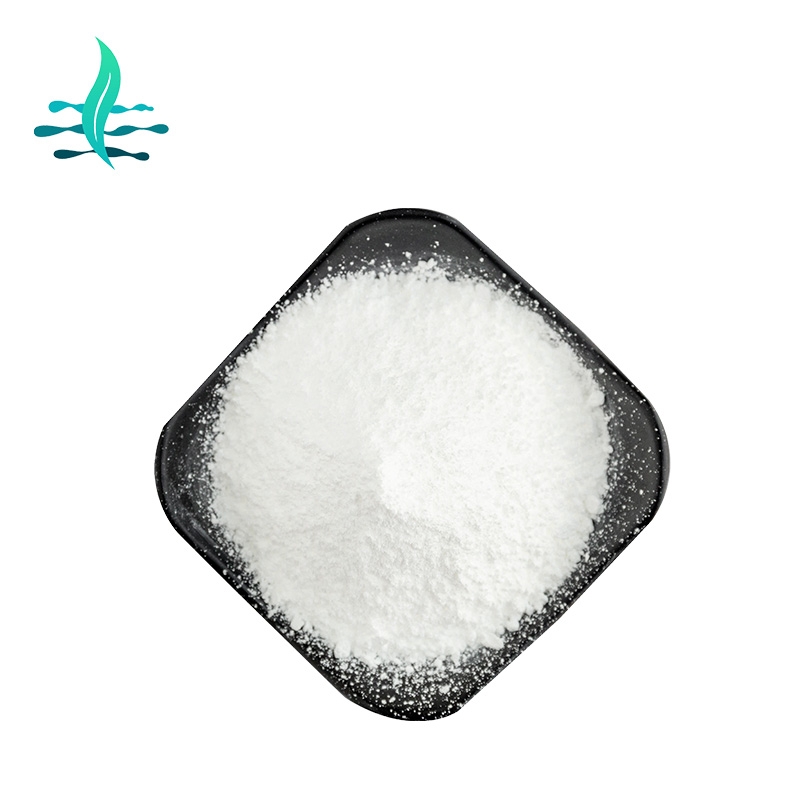-
Categories
-
Pharmaceutical Intermediates
-
Active Pharmaceutical Ingredients
-
Food Additives
- Industrial Coatings
- Agrochemicals
- Dyes and Pigments
- Surfactant
- Flavors and Fragrances
- Chemical Reagents
- Catalyst and Auxiliary
- Natural Products
- Inorganic Chemistry
-
Organic Chemistry
-
Biochemical Engineering
- Analytical Chemistry
-
Cosmetic Ingredient
- Water Treatment Chemical
-
Pharmaceutical Intermediates
Promotion
ECHEMI Mall
Wholesale
Weekly Price
Exhibition
News
-
Trade Service
The chemical industry plays a vital role in modern society, providing the necessary raw materials for a wide range of products and processes.
One important aspect of this industry is the identification of new and innovative compounds with potential industrial applications.
One such compound is 4,6-Bis(3,5-di(pyridin-4-yl)phenyl)-2-MethylpyriMidine, also known as MMI for short.
MMI is an organic compound with a unique structure, consisting of two pyridine rings bridged by a phenyl group.
This structure gives MMI a number of interesting properties, including high thermal stability and good solubility in organic solvents.
These properties make MMI an attractive candidate for a variety of industrial applications, including use as a raw material in the production of chemicals and materials.
One important use of MMI is as an upstream product in the production of various chemicals.
For example, MMI can be converted into other compounds through a variety of chemical reactions, including alkylation, halogenation, and oxidation.
These reactions can be used to produce a wide range of downstream products, including solvents, dyes, and other chemical intermediates.
In the production of these downstream products, MMI serves as a key intermediate.
For example, MMI can be converted into a variety of dyes through a series of chemical reactions.
These dyes are used in a range of applications, including textile printing, paper manufacturing, and plastics production.
Another potential use of MMI is in the production of new types of electronic materials.
MMI has been shown to exhibit good electron transport properties, making it a promising candidate for use in the production of organic electronic devices such as transistors and solar cells.
In addition to its use as an upstream and downstream product, MMI is also of interest to researchers due to its unique properties.
For example, MMI has been shown to exhibit a high degree of thermal stability, making it a promising candidate for use in high-temperature applications.
Additionally, MMI has been shown to have good solubility in organic solvents, making it a useful material for the production of solutions and other materials.
Overall, 4,6-Bis(3,5-di(pyridin-4-yl)phenyl)-2-MethylpyriMidine is a promising compound with a range of potential industrial applications.
Its unique structure and properties make it an attractive candidate for use in a range of chemical and material production processes, and research into its use in these areas is ongoing.
As the chemical industry continues to develop and evolve, it is likely that MMI and other innovative compounds will play an increasingly important role in the production of a wide range of products and materials.






